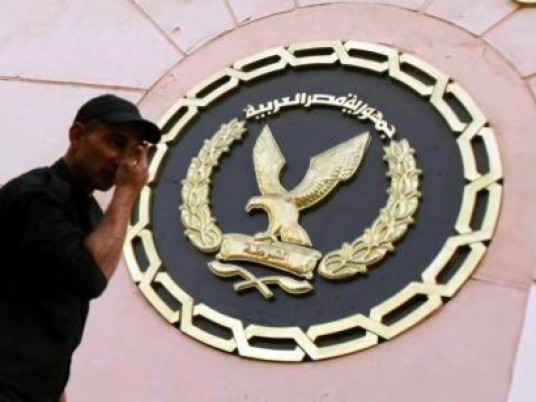
Chairman of the Egyptian Money Laundering and Terrorist Financing Combating Unit (EMLCU) Ahmed Khalil asserted the keenness of Egypt to foster and scale up mechanisms for countering money laundering and terrorist financing crimes.
Egypt is enacting updated legislation and developing action mechanisms for dealing with virtual currency along with slapping financial penalties to combat terrorism and terrorist financing in accordance with international criteria, added Khalil in an address to the inaugural session of the 13th annual conference of the Association of Certified Anti-Money Laundering Specialists (ACAMS) on Monday.
Egypt, while chairing the Financial Working Group for MENA Region, has been exerting strenuous and tireless efforts to boost coordination with all related international bodies to ride out global challenges concerning combating money laundering, particularly during the coronavirus crisis, he added.
Criminals are exploiting global crises such as that of the Covid-19 pandemic which has been jeopardizing the lives of millions of people in the world, he said, adding that their financial crimes and harmful practices deprive countries of resources that should be spent on development priorities.
ACAMS is hosting the two-day conference to let attendees learn about evolving regulatory priorities and emerging financial-crime threats. The event is attended by high-level experts representing the Central Bank of the UAE, UAE Ministry of Economy, Central Bank of Bahrain, Qatar Financial Centre Regulatory Authority (QFCRA), Securities and Commodities Authority (SCA), Dubai International Financial Centre, Abu Dhabi Global Market (ADGM), and many of the region’s largest banks, FinTech firms, and consultancies.
In addition to having the chance to network with regional subject-matter experts in the AFC space, participants in this year’s ACAMS MENA conference have the opportunity to pose questions directly to the conference’s speakers amid discussions on such topics as monitoring crypto asset activity for links to drug trafficking and terrorism, automating trade-finance controls to detect signs of trade-based money laundering and overcoming compliance hurdles to obtaining correspondent banking services.




